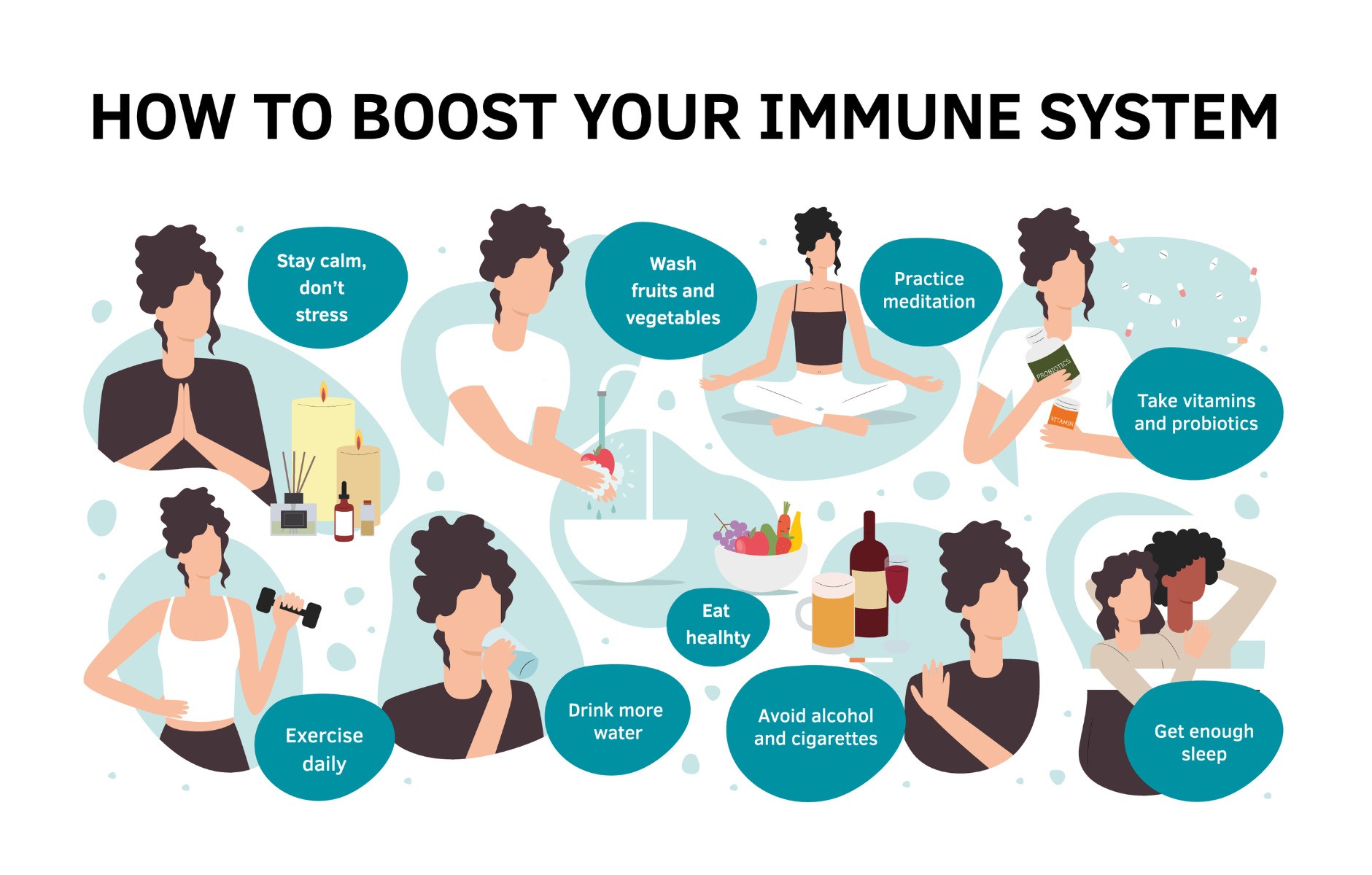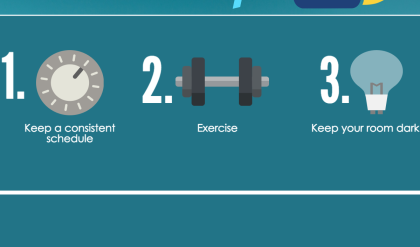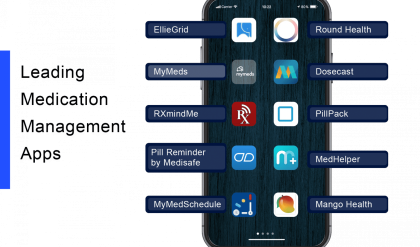
Boost Your Immunity: Easy & Affordable Strategies
Our immune system, the body’s intricate defense network, is constantly battling against invaders. While a robust immune system is crucial for overall health, bolstering it doesn’t require a fortune or a complete lifestyle overhaul. This article explores simple, affordable strategies to naturally strengthen your immunity, focusing on actionable steps you can integrate seamlessly into your daily life.
The Foundation: Sleep, Stress, and Hydration
Before diving into specific nutrients and habits, let’s address the foundational pillars of a strong immune system: sleep, stress management, and hydration. These aren’t glamorous, but they’re the cornerstones of your body’s ability to fight off illness.
Sleep: The Immune System’s Recharge
During sleep, your body repairs and regenerates. Aim for 7-9 hours of quality sleep each night. Establish a consistent sleep schedule, create a relaxing bedtime routine (think warm bath, calming music), and ensure your bedroom is dark, quiet, and cool.
Stress: The Silent Saboteur
Chronic stress weakens your immune response. Find healthy ways to manage stress, such as yoga, meditation, spending time in nature, or engaging in hobbies you enjoy. Even short bursts of mindful breathing throughout the day can make a difference.
Hydration: The Body’s Elixir
Water is essential for all bodily functions, including immune cell activity. Carry a reusable water bottle and sip throughout the day. Aim for at least eight glasses of water daily, adjusting based on your activity level and climate.
Nutrition: Fueling Your Defense System
Your diet plays a significant role in immune function. Focus on nutrient-rich, whole foods to provide your body with the building blocks it needs.
Powerhouse Foods for Immunity
| Food | Benefit |
|---|---|
| Leafy Greens (Spinach, Kale) | Rich in vitamins A & C |
| Citrus Fruits (Oranges, Grapefruit) | High in Vitamin C |
| Berries (Blueberries, Strawberries) | Packed with antioxidants |
| Garlic | Natural antimicrobial properties |
| Ginger | Anti-inflammatory and antioxidant |
Incorporate these foods into your meals and snacks for a natural immune boost. Experiment with vibrant salads, flavorful stir-fries, or simply add a handful of berries to your breakfast yogurt.
Lifestyle Choices: Beyond the Plate
Beyond diet and sleep, several lifestyle choices can significantly influence your immune strength.
Regular Exercise: A Natural Booster
Moderate exercise strengthens your immune system without overstressing it. Aim for at least 30 minutes of moderate-intensity exercise most days of the week. Find activities you enjoy, whether it’s brisk walking, cycling, swimming, or dancing.
Gut Health: The Unsung Hero
A healthy gut microbiome is crucial for immune function. Consume foods rich in probiotics (yogurt, kefir, sauerkraut) and prebiotics (bananas, onions, garlic) to nourish beneficial gut bacteria. Consider a probiotic supplement if needed, but always consult your doctor first.
Supplements: A Supporting Cast
While a balanced diet is paramount, certain supplements can provide additional support. However, consult your doctor before starting any new supplements, especially if you have underlying health conditions or are taking other medications.
Vitamin D: The Sunshine Vitamin
Vitamin D plays a crucial role in immune function. If you’re deficient, supplementation might be beneficial. Sunlight exposure is another excellent source, but remember to practice sun safety.
Zinc: A Powerful Antioxidant
Zinc supports immune cell function. Good dietary sources include oysters, red meat, and nuts. Supplementation may be considered if dietary intake is insufficient.
Conclusion: Empowering Your Body’s Defenses
Building a strong immune system is a journey, not a destination. By incorporating these simple, affordable strategies into your daily life, you can empower your body’s natural defenses and enhance your overall well-being. Remember, consistency is key—small, sustainable changes are more effective than drastic, unsustainable ones. Listen to your body, prioritize self-care, and enjoy the journey towards a healthier, more resilient you.

Additional Information
Boosting Immunity: A Deeper Dive into Easy and Affordable Strategies
While the phrase “boost your immunity” is often bandied about, understanding the intricacies of immune function and the efficacy of various strategies requires a nuanced approach. A simplistic view can lead to ineffective or even harmful practices. This analysis delves deeper into accessible and cost-effective methods to support immune health, moving beyond superficial recommendations.
1. Nutrition: Beyond Vitamins and Supplements:
While vitamin C and zinc are frequently associated with immune support, their role is far more complex than a simple supplementation strategy. A diet rich in diverse micronutrients is crucial. Focusing solely on supplements without addressing dietary deficiencies can be ineffective and even wasteful.
- Micronutrient Synergy: Vitamins and minerals work synergistically. Vitamin C, for instance, enhances iron absorption, which is vital for red blood cell production and oxygen delivery – crucial for immune cell function. Similarly, zinc works with vitamin A for proper immune cell development. A balanced diet encompassing fruits, vegetables, whole grains, and lean protein ensures a sufficient intake of these interacting nutrients.
- Phytochemicals: Plant-based foods are packed with phytochemicals, bioactive compounds that exhibit antioxidant and anti-inflammatory properties. These compounds, not always well-represented in supplements, directly influence immune regulation. For example, carotenoids (found in carrots and sweet potatoes) are converted to vitamin A, playing a role in mucosal immunity. Polyphenols (in berries and tea) demonstrate potent antioxidant activity, protecting cells from damage.
- Gut Microbiome’s Influence: The gut microbiome plays a pivotal role in immune function. A diverse and balanced gut microbiota contributes to improved immune responses, reducing inflammation, and protecting against pathogens. A diet rich in fiber (from fruits, vegetables, and whole grains) promotes the growth of beneficial gut bacteria. Conversely, processed foods and excessive sugar can negatively impact gut microbiota diversity, potentially weakening immune defenses.
2. Physical Activity: Beyond Exercise Recommendations:
The benefits of regular physical activity on immune health are well-documented, but the mechanisms and optimal intensity require clarification.
- Moderate Intensity vs. High Intensity: While both moderate and vigorous exercise can be beneficial, excessive high-intensity training can paradoxically suppress immune function in the short-term, leaving individuals susceptible to infections. The optimal balance involves consistent moderate-intensity activity alongside occasional higher-intensity workouts.
- Exercise and Inflammation: Exercise induces a controlled inflammatory response, which can strengthen the immune system by improving the efficiency of immune cells. However, overtraining can lead to chronic low-grade inflammation, negatively impacting immune function.
- Sleep Enhancement: Regular physical activity significantly contributes to improved sleep quality. Adequate sleep is critical for immune function, allowing the body to repair and regenerate immune cells.
3. Stress Management: More Than Mindfulness:
Chronic stress significantly compromises immune function by dysregulating the hypothalamic-pituitary-adrenal (HPA) axis, leading to increased cortisol levels and suppression of immune responses.
- The Role of Cortisol: While cortisol is essential for short-term stress responses, prolonged elevation suppresses the immune system, reducing the activity of lymphocytes and other immune cells.
- Effective Stress Management Techniques: Mindfulness, meditation, yoga, and deep breathing exercises are effective in reducing cortisol levels. However, their efficacy depends on consistent practice and integration into a holistic lifestyle. Exploring professional support, such as therapy or counseling, can be particularly beneficial for individuals experiencing chronic or overwhelming stress.
- Social Support Networks: Strong social connections act as a buffer against the negative impacts of stress. Regular interaction with supportive friends and family promotes overall well-being and can strengthen the immune system indirectly.
4. Sleep Hygiene: Beyond Recommended Hours:
Sleep is essential for immune function, as the body repairs and regenerates immune cells during this time.
- Sleep Stages and Immune Function: Deep sleep (slow-wave sleep) plays a crucial role in immune restoration. Disruptions to this stage, through factors like sleep disorders or irregular sleep patterns, negatively affect immune function.
- Sleep Hygiene Practices: Optimizing sleep hygiene involves creating a conducive sleep environment (dark, quiet, cool), maintaining a consistent sleep schedule, and avoiding caffeine and alcohol before bed. Addressing underlying medical conditions contributing to sleep disturbances is essential for achieving restorative sleep.
Conclusion:
Optimizing immune function is a holistic endeavor requiring a multi-faceted approach. While simple strategies like balanced nutrition, regular exercise, stress management, and adequate sleep are accessible and affordable, their effectiveness relies on consistent implementation and a deep understanding of their underlying mechanisms. A reductionist approach, focusing solely on individual supplements or interventions, is unlikely to yield sustainable improvements in immune health. Prioritizing a comprehensive and well-rounded lifestyle remains the most effective and cost-efficient strategy for supporting a robust and resilient immune system.






